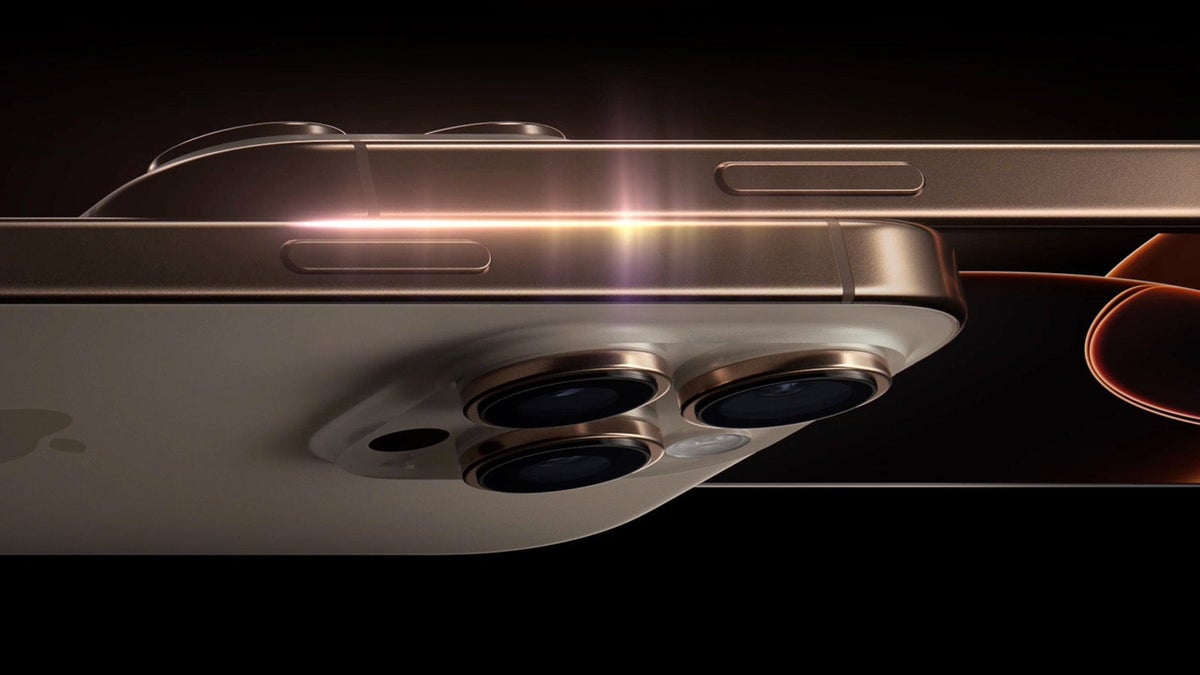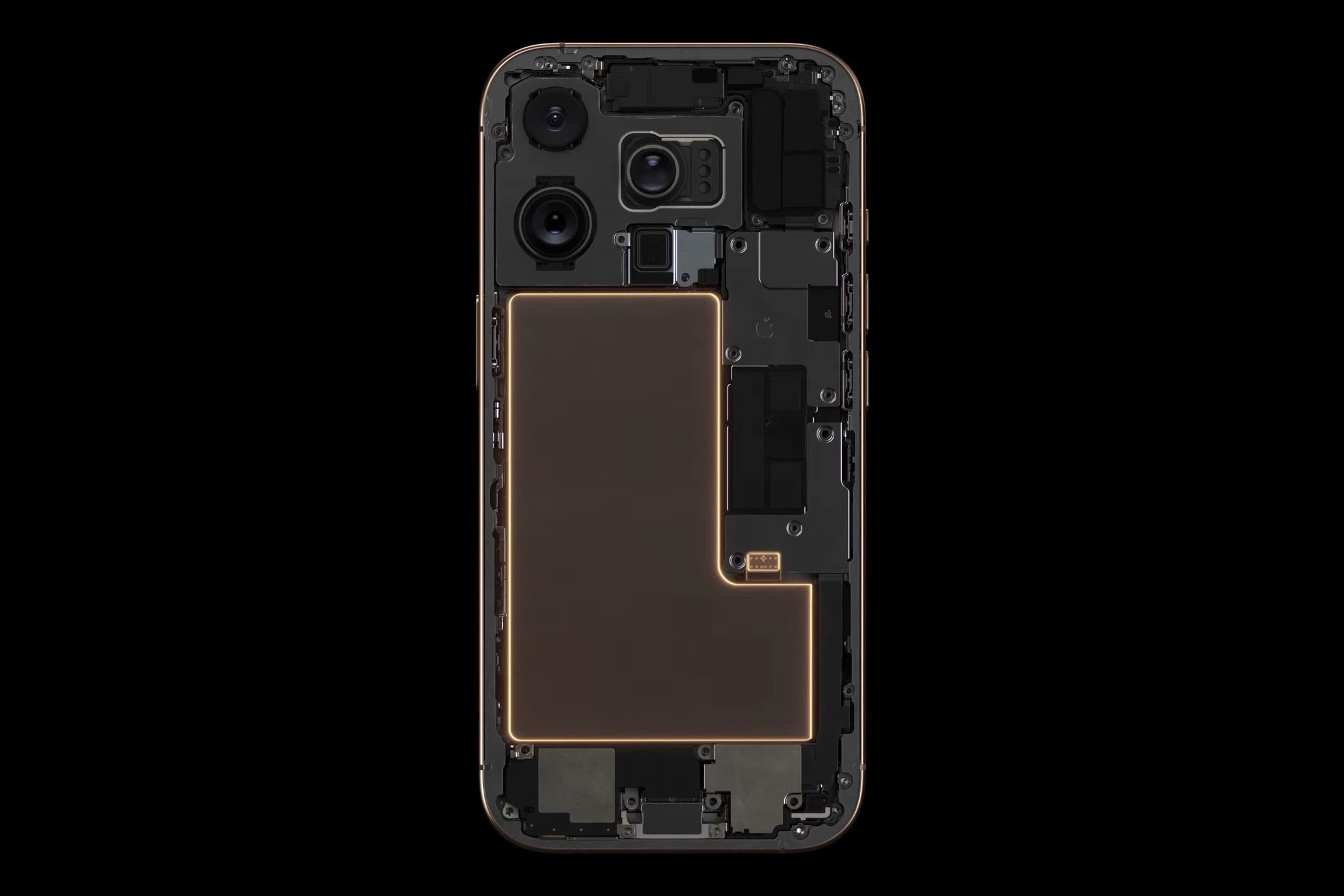Apple has
once again increased the cost of out-of-warranty battery replacements for its latest flagship iPhones. The
iPhone 16 Pro and
iPhone 16 Pro Max will now cost you $119 to get a new battery if you’re not covered by AppleCare+. This is a $20 jump from the previous $99 price for the
iPhone 15 Pro models.While the price hike is certainly noticeable, it’s worth noting that AppleCare+ subscribers can still get their batteries replaced for free, as long as the battery’s health has dropped below 80% of its original capacity. That said, we could speculate that the increase in cost for the
iPhone 16 Pro models might be attributed to a couple of factors.
First, there’s
the rumored use of a metal shell on their batteries, designed to enhance thermal management and potentially improve overall battery longevity. Second, and perhaps more significantly, Apple has redesigned the internals of the
iPhone 16 series to make the batteries easier to access and replace. This change aligns with a new European Union law requiring smartphone manufacturers to make batteries user-replaceable with common tools by June 2025. So, while the higher price tag might sting a bit, it could also reflect the added complexity of these new battery designs and the company’s efforts to comply with upcoming regulations.
iPhone redesigned the iPhone 16 battery as well as changed its size for the iPhone 16. | Image credit — Apple
This isn’t the first time Apple has raised battery replacement costs. With the release of the iPhone 14 series, the price jumped from $69 to $99. Additionally, the cost for older iPhone models also increased from $69 to $89. Below are the current costs for a battery replacement on various iPhone models:
The nearly twofold increase in battery replacement costs in recent years is certainly something to consider. It seems Apple is increasingly incentivizing users to opt for AppleCare+, which offers free battery replacements under certain conditions.
From my perspective, this trend towards pricier repairs would make me think twice about upgrading to the latest iPhone without also investing in AppleCare+. It’s a reminder that while the upfront cost of a new phone might be high, the long-term costs associated with maintenance and repairs are also worth factoring in. It will be interesting to see how these rising repair costs influence consumer behavior and whether it encourages people to hold onto their devices for longer periods.











